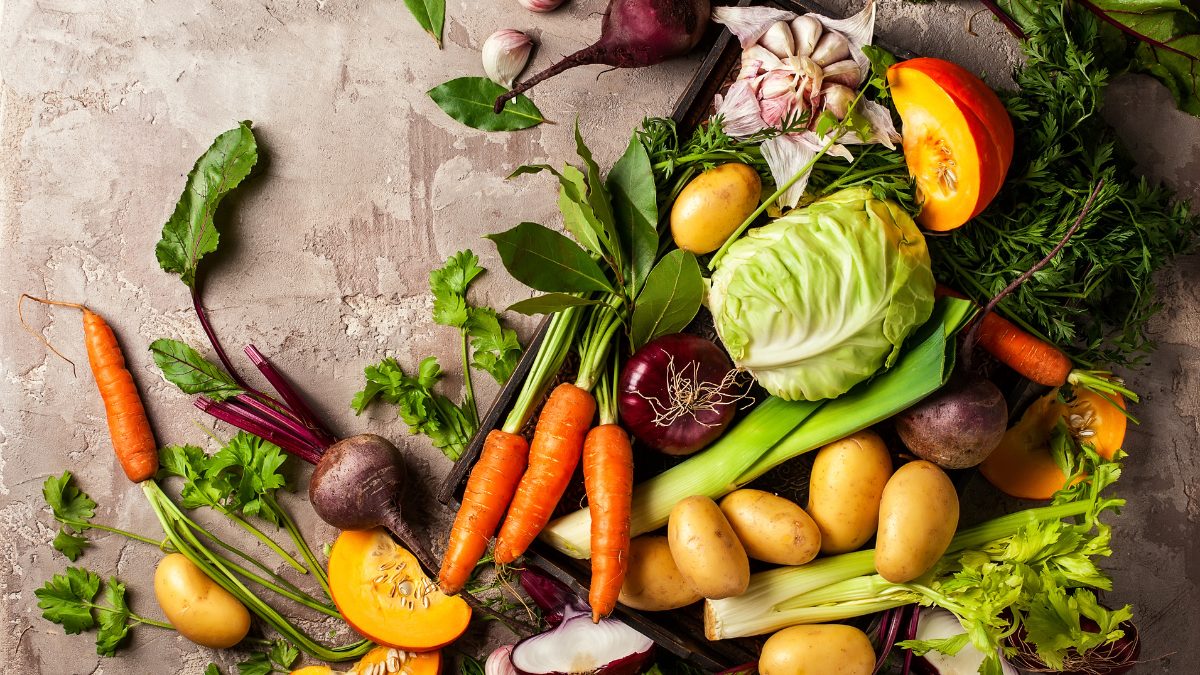
Winter is often mistakenly viewed as a barren season for fresh produce, yet it offers an array of vibrant and nutritious vegetables. From the earthy sweetness of carrots and beets to the robust flavors of kale and Brussels sprouts, the colder months bring forth a diverse harvest. Vegetables like sweet potatoes, Swiss chard, and broccoli are not only culinary delights but also nutritional powerhouses, rich in essential vitamins and minerals. These winter gems are key to a healthy, flavorful diet during the chilly season.
Root Vegetables
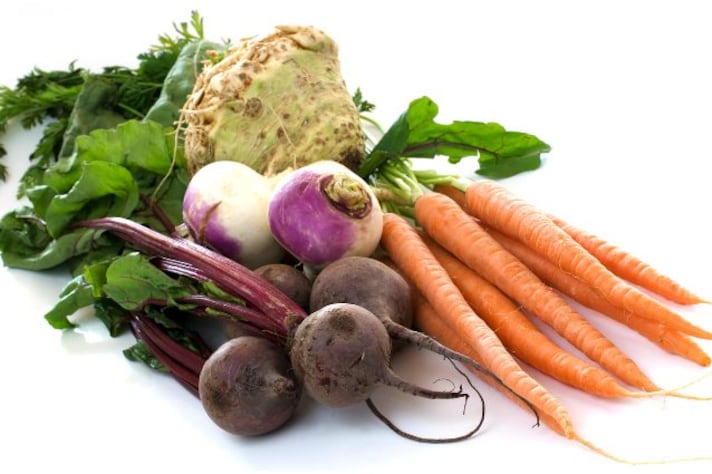
Root vegetables like carrots, beets, turnips, and sweet potatoes thrive in colder weather. Packed with vitamins, fiber, and antioxidants, they are ideal for boosting the immune system. Their natural sweetness and versatility make them perfect for a range of dishes, from soups to roasts.
Leafy Greens
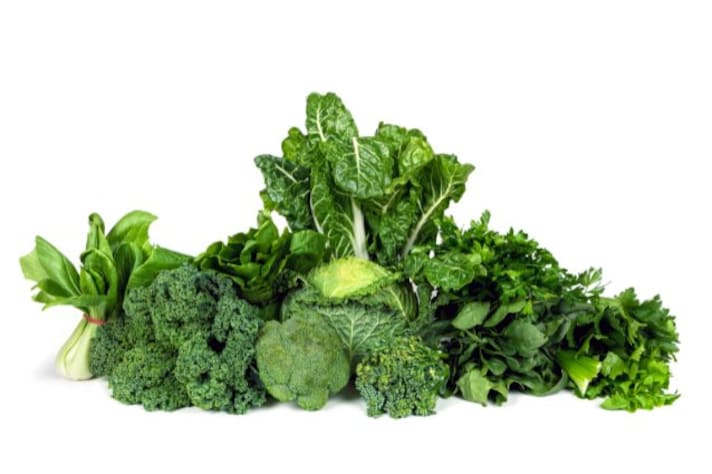
Winter greens such as kale, Swiss chard, and spinach are among the most nutrient-dense foods. High in iron, calcium, and vitamins, they play a crucial role in maintaining energy and bone health. Their hearty textures hold up well in cooked dishes, making them ideal for winter meals.
Cruciferous Vegetables

Brussels sprouts, broccoli, and cauliflower are winter staples. These cruciferous vegetables are loaded with fiber, vitamins C and K, and help support the body’s natural detoxification processes. They're excellent for heart health and can be roasted, steamed, or stir-fried.
Winter Squash
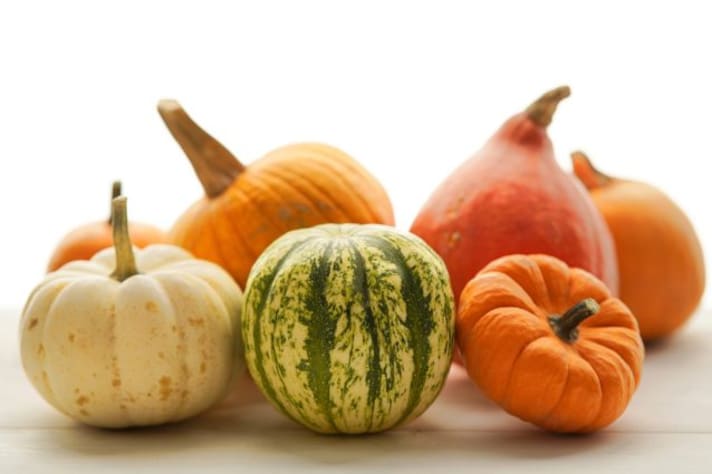
Varieties like butternut, acorn, and spaghetti squash are stars of winter cuisine. Rich in beta-carotene and complex carbohydrates, they support eye health and provide sustained energy. Their sweet, nutty flavors make them a favorite in both savory and sweet dishes.
Alliums
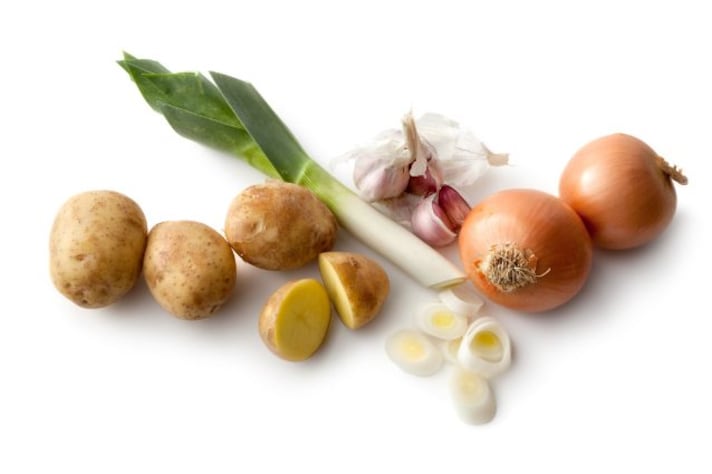
Garlic, onions, and leeks add depth and flavor to any winter dish. Beyond their culinary uses, they offer significant health benefits, including boosting the immune system and promoting heart health. These alliums are fundamental to a variety of cuisines and recipes.
;Resize,width=767;)
